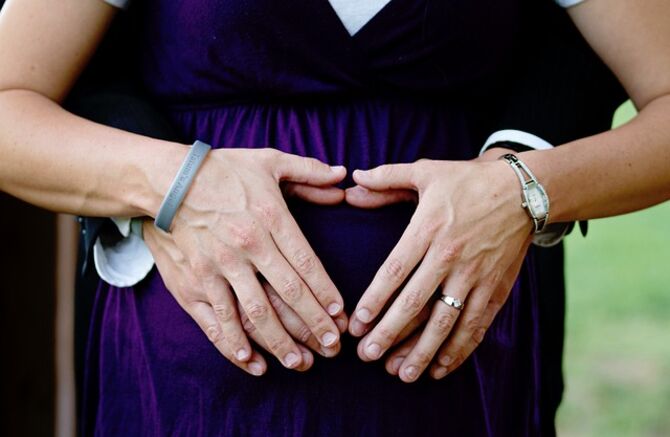Shared parental leave failing workers: study
The gender pay gap and low employer support for shared parental leave (SPL) are key reasons why almost half of UK employees struggle to return to work as they would like after maternity leave, suggests new research.

Lack of support for SPL
The desk-finding search engine for SMEs and freelance workers further suggests that for 30%, their employer’s anti-SPL sentiment played a role.One in five believed a lack of awareness (21%) and a tradition of mothers taking maternity leave (26%) also undermined wider SPL take up.Related reading:
Shared Parental Leave in force, but studies suggest uncertainty
EU pensions gender gap: inequality set for long term
Gender pay gap at senior levels due to ‘poor signalling’
Gender pay gaps and maternity leave
The research highlights the vicious cycle around low SPL take-up and therefore the continuing gender pay gap. While the gap has closed for some women, research shows that the gender pay gap rises with higher levels of education.Sarah Sutton, head of people development at Genie Ventures, a digital marketing and publishing company, comments: “The pay gap can be a major issue: if you are the highest earner in the family, you are far less likely to take a significant amount of time off work at Statutory Shared Parental Pay rates of £140.98 a week. However, I would urge all employers to promote SPL nonetheless.“The scheme gives employees the flexibility they need, and the benefits for the employer are tangible too: there’s a reduced turnover, increased staff loyalty and engagement, and it helps to create a family friendly culture.“Employers have a duty to support their maternity and paternity leavers during and after their leave. It’s of vital importance to include leavers in regular work communications (including promotion opportunities), set up KIT days, and offer flexible working options on their return.”Employers urged to raise their game
Office Genie’s findings chime with research carried out by the CIPD, the professional body for HR and people development at the end of last year. The CIPD’s SPL study found 5% of new fathers and 8% of new mothers have opted to take up their legal right to SPL since its introduction in April 2015.While the figures were in line with government expectations, the CIPD called on government and employers to raise their sights or risk losing valuable talent from the workforce.In March, a cross-party group of MPs also expressed their "extreme concern about the low take-up of SPL" and "gendered working culture." The TUC is also calling for an increase in statutory maternity pay (SMP) and Maternity Allowance to match the minimum wage, as well as shared parental pay and paternity pay.Follow the link for more human resources news and features.
Access hundreds of global services and suppliers in our Online Directory
Get access to our free Global Mobility Toolkit

©2025 Re:locate magazine, published by Profile Locations, Spray Hill, Hastings Road, Lamberhurst, Kent TN3 8JB. All rights reserved. This publication (or any part thereof) may not be reproduced in any form without the prior written permission of Profile Locations. Profile Locations accepts no liability for the accuracy of the contents or any opinions expressed herein.






































